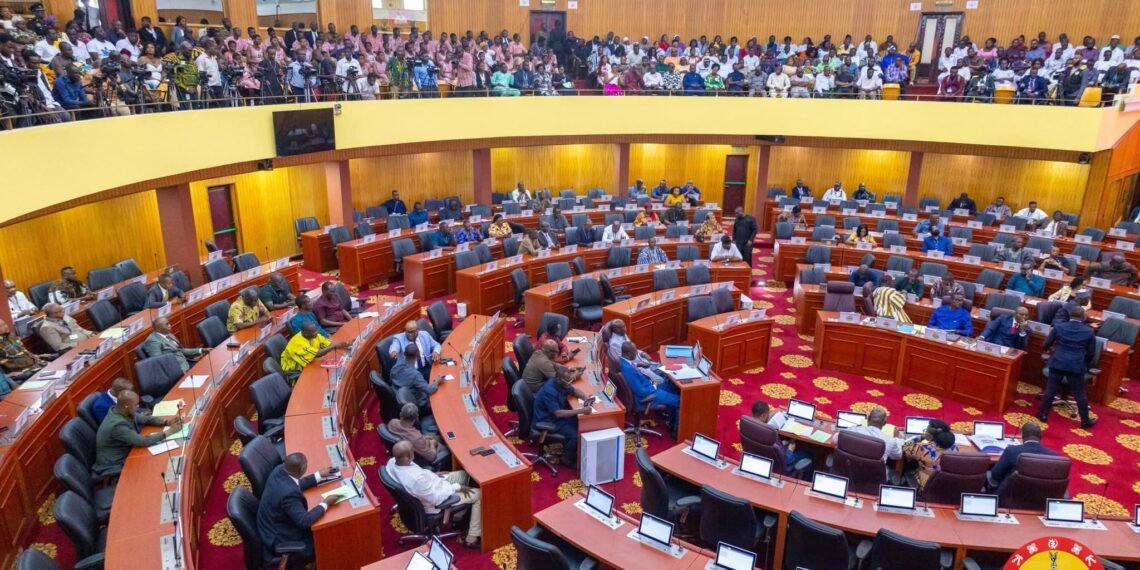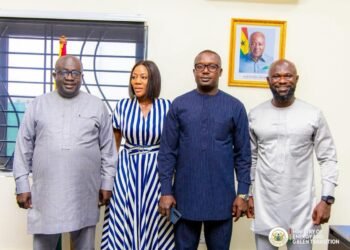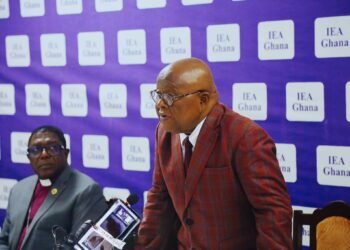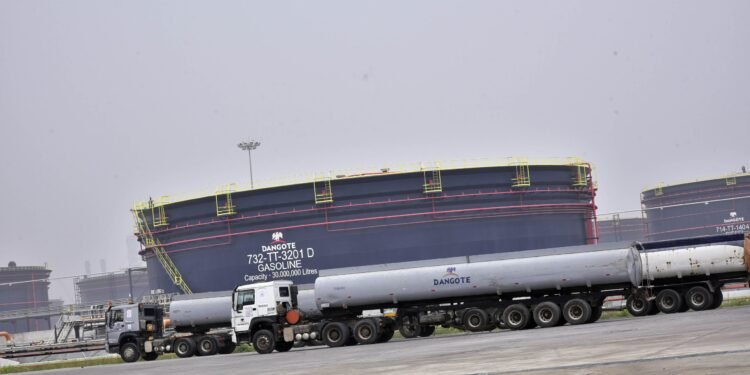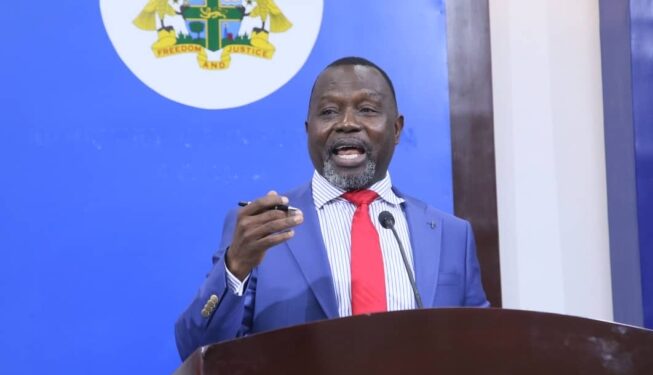Ghana’s Parliament is set to open a new chapter of legislative scrutiny on the country’s extractive industries with a series of special hearings aimed at evaluating their true contribution to national development and job creation.
The initiative, announced by Majority Leader and Leader of Government Business, Hon. Mahama Ayariga, marks a major step toward deepening accountability, strengthening local content enforcement, and aligning the extractive sector with Ghana’s employment and growth objectives.
Speaking as the House reconvened for the Third Meeting of the First Session of the Ninth Parliament, Hon. Ayariga revealed that the hearings will focus on assessing how effectively Ghana’s natural resource wealth particularly in mining, oil, and gas is being harnessed to benefit citizens.
“We propose to hold a special parliamentary hearing on the extractive industries with a view to exploring their impact on beneficial national economic development, overall benefit to the country, and in particular, the extent to which local content legislation are being enforced to create jobs for Ghanaians and promote local ownership.”
Hon. Mahama Ayariga, Majority Leader and Leader of Government Business
The hearings, he explained, are designed to go beyond surface-level reporting to provide a comprehensive review of how extractive operations have influenced key sectors of the economy.
The objective, he noted, is to ensure that Ghana’s natural resources serve as engines of inclusive growth and sustainable livelihoods, not mere sources of export revenue.
Youth Employment at the Core of the Agenda
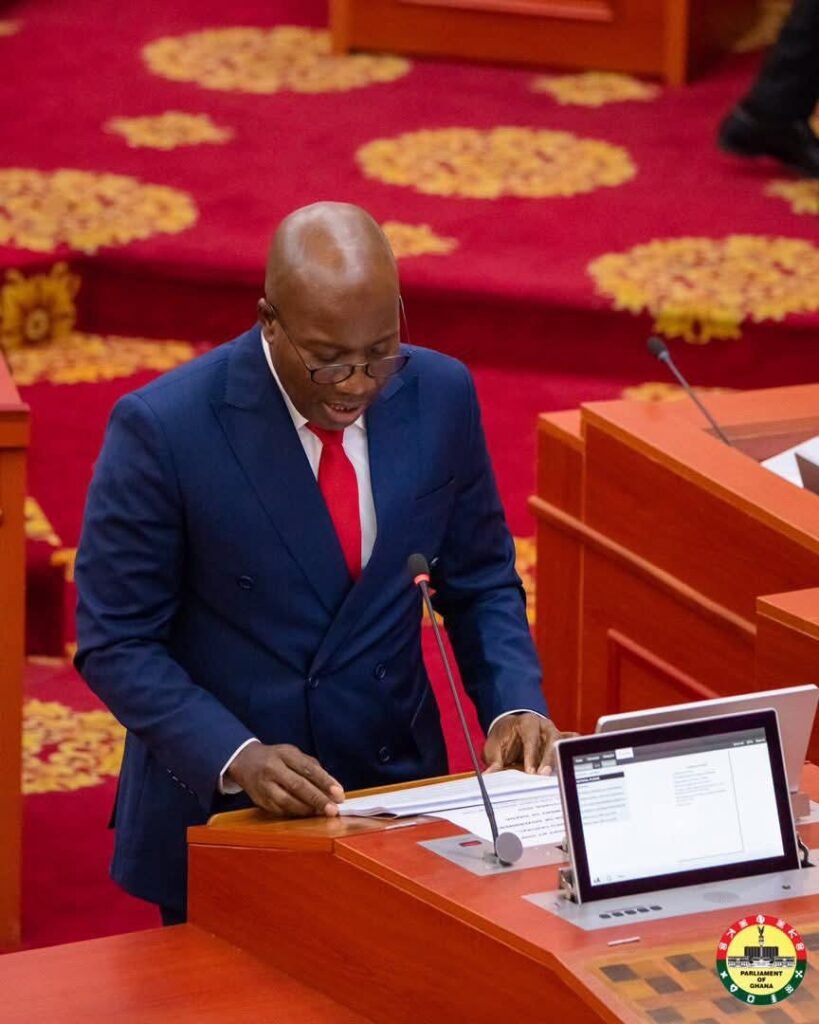
Job creation, according to Mr. Ayariga, remains Parliament’s foremost policy priority as unemployment continues to dominate public concern particularly among the youth, who represent 38 percent of the population and 60 percent of the national labour force.
“Every sector of our economy has a job creation potential, and our debates and deliberations in this meeting will focus on how this Parliament will hold sector heads accountable for ensuring that those jobs are indeed created to the benefit of Ghanaian youth.”
Hon. Mahama Ayariga, Majority Leader and Leader of Government Business
He underscored that while the extractive industries have historically been among Ghana’s largest foreign exchange earners, their contribution to domestic job creation and local enterprise development has remained minimal due to weak enforcement of local content regulations and over-reliance on foreign contractors.
The Majority Leader said, “This special hearing is meant to provide an honest appraisal of how the mining, oil, and gas sectors can be repositioned to create sustainable jobs and spur economic growth,” stressing that Parliament would insist on measurable progress in employment outcomes across these industries.
Accountability and Oversight to Drive Reform

Hon. Ayariga announced that sector committees of Parliament will be directed to conduct field assessments, public hearings, and stakeholder consultations to evaluate the effectiveness of government job creation programmes and local participation frameworks in key industries.
These findings will inform policy recommendations and potential legislative reforms aimed at enhancing national value retention.
“We will continue to demand performance and delivery of promises made in our manifesto.
“The overwhelmingly NDC majority will not treat our counterparts in the executive with kid gloves.”
Hon. Mahama Ayariga, Majority Leader and Leader of Government Business
The Majority Leader reaffirmed Parliament’s commitment to exercising its oversight function vigorously, noting that government appointees and sector regulators will be required to demonstrate clear accountability for how their policies and projects contribute to employment generation and inclusive development.
Hon. Ayariga further disclosed that Parliament will work closely with key regulatory institutions, including the Minerals Commission and the Environmental Protection Agency (EPA), to improve transparency in the award of mining and exploration licenses and to intensify the fight against illegal mining, known locally as galamsey.
The Majority Leader noted that galamsey continues to undermine legitimate mining operations, devastate farmlands, and pollute vital water sources challenges that Parliament is determined to confront through legislative action and stronger institutional collaboration.
Part of a Broader Economic Reform Agenda
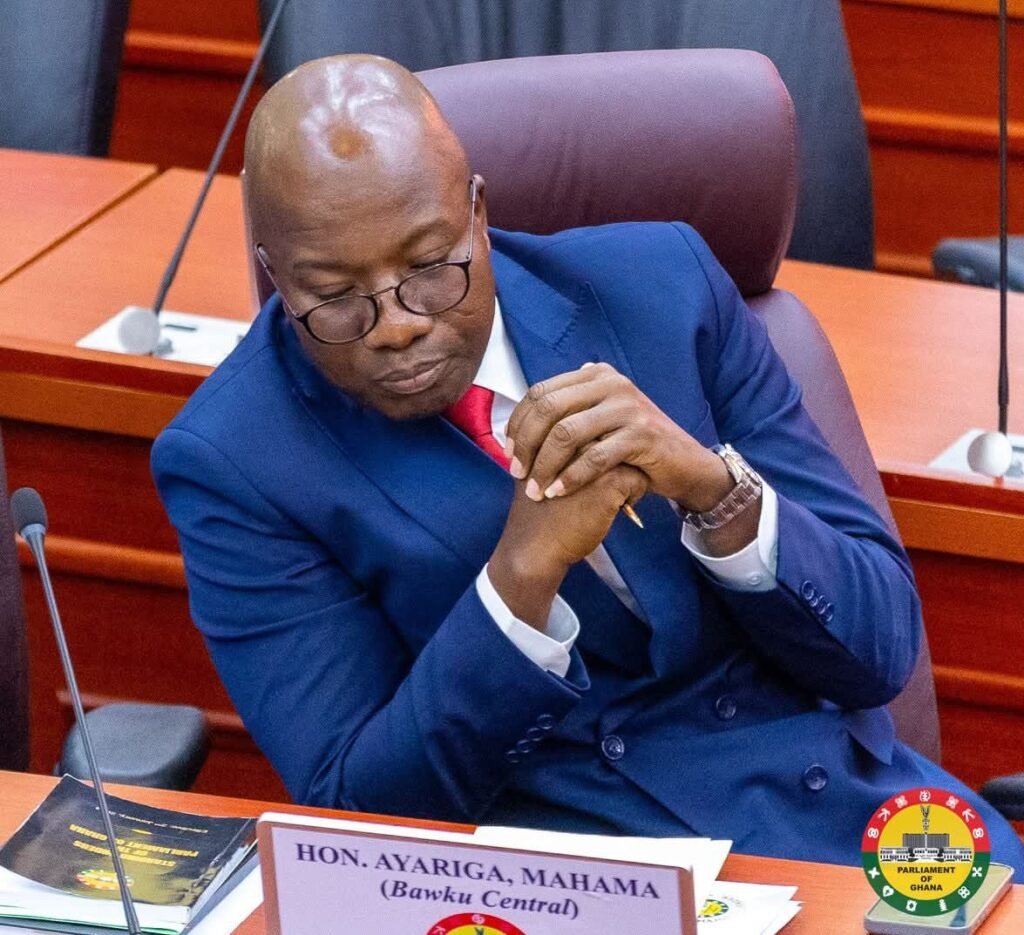
The upcoming extractive industry hearings form part of Parliament’s broader RESET Agenda, an initiative designed to realign natural resource governance with sustainable job creation, responsible investment, and inclusive economic growth.
The hearings are expected to feature testimonies from ministers, industry regulators, and private sector operators, creating a platform for evidence-based policy evaluation and reform.
The Majority Leader added that the RESET Agenda also aims to foster greater inter-sectoral cooperation between Parliament, industry regulators, and civil society to promote transparency and shared accountability in managing extractive resources.
As the House prepares to consider the 2026 national budget, Hon. Ayariga urged Members of Parliament to devote full attention to the legislative and policy agenda ahead, which he described as “weighty and transformative.”
He stressed that employment, economic oversight, and social equity will remain central themes in parliamentary deliberations throughout the session.
Hon. Ayariga expressed optimism that the upcoming hearings will strengthen Parliament’s leadership in shaping a more accountable and development-oriented extractive industry, one that balances economic growth with social inclusion and environmental responsibility.
READ ALSO: BoG’s $1.15bn FX Injection Sparks Clash with IMF and World Bank Over Cedi Stabilization



